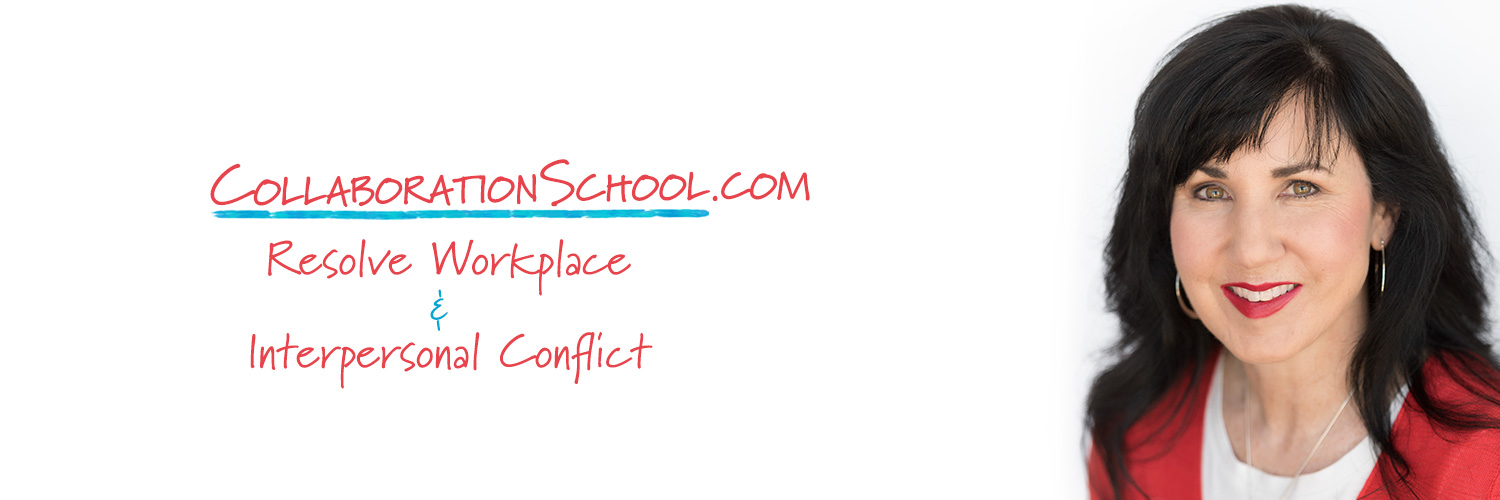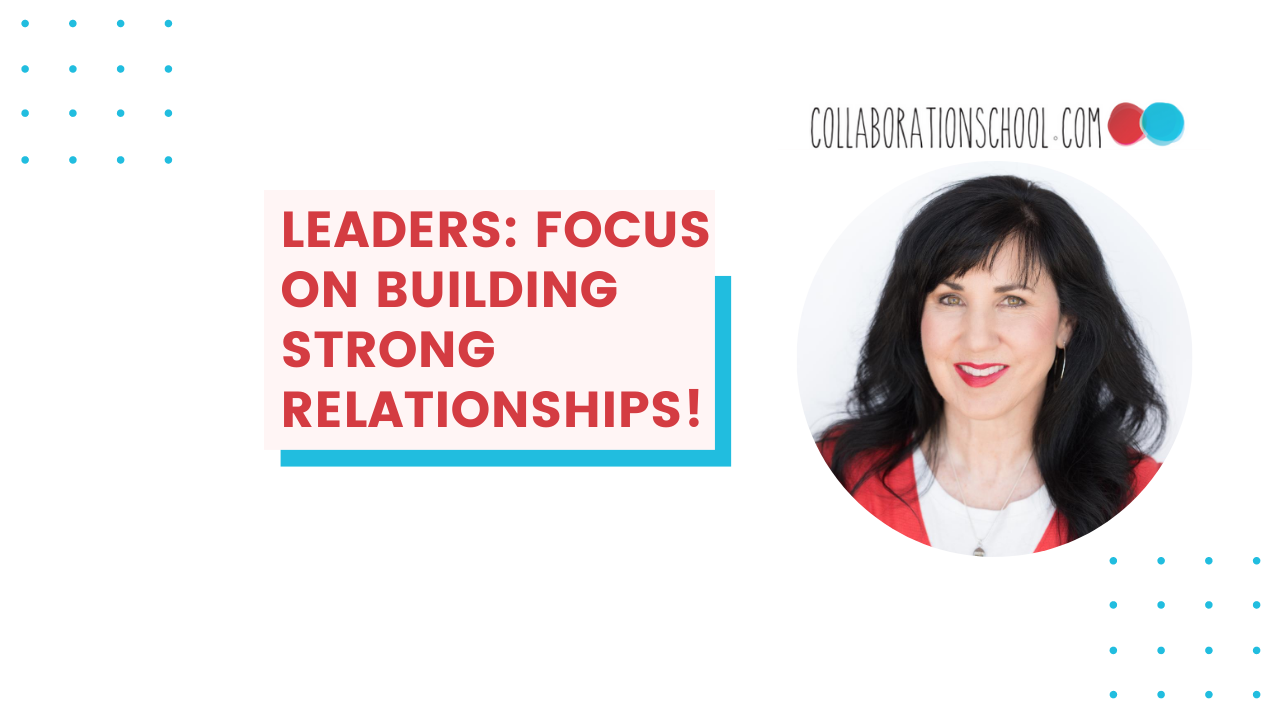
Download Now! 5 SIMPLE STEPS
to PREVENT CONFLICT that Damages Work Relationships
5 Simple Steps
As a mediator and conflict coach, I help managers and their teams to stop losing sleep over everyday conflict and build more collaborative workplaces.
I use a unique process that takes my clients from feeling anxious and uncomfortable to feeling confident in addressing conflict. As a result, everyone involved in the situation feels valued and appreciated, heard and understood.
I’ve learned some universal truths about conflict in my twenty-some years as a mediator and conflict trainer. One of the most profoundly helpful of those learnings is this: when trust breaks down, even in a small way, if that breakdown isn’t effectively addressed it is human nature to make negative assumptions about the other person’s intent. That simple human response can trigger the most difficult conflicts to address. But there’s also a very simple way to prevent that from happening and I’ve outlined it in a free step-by-step training guide.You can download it here.
If you want more of my insights about conflict, check out my video blog posts and other free resources to build more collaborative workplaces.
And if you want a deeper dive and to learn the unique process I use to prevent and manage conflict, I’d love to have you in an upcoming course
Here’s what people have said
about how my training has impacted them:


About
I didn’t grow up learning how to manage conflict effectively. By the time I started my law career as a young adult, I had two ways of dealing with it. If I could convince myself it wasn’t important enough to address, or if I didn’t have the time or energy to get into it, I’d avoid it. If it was something really important to me, I’d confront, argue and try to convince the other person I was right. Neither was a good strategy for healthy relationships. In fact, some relationships and jobs ended as a result, often because I walked away rather than trying to resolve the conflict.

Blog

The role of a team leader is quite different from that of a mediator. The first difference that may come to mind is that typically, mediators are neutral. Whereas you may think a leader, who is quite invested in
Leaders, managers and supervisors: you can take pages from a mediator’s book to great advantage for you and your team. An important part of being a mediator- and certainly of being an effective leader- is ensuring everyone leaves with

Leaders, Managers and Supervisors: Focus on relationships before you need to and watch your team’s productivity, engagement and effectiveness skyrocket. As a leader, you may not have included ‘cultivating friendships‘ on your list of deliverables. It likely isn’t written into
